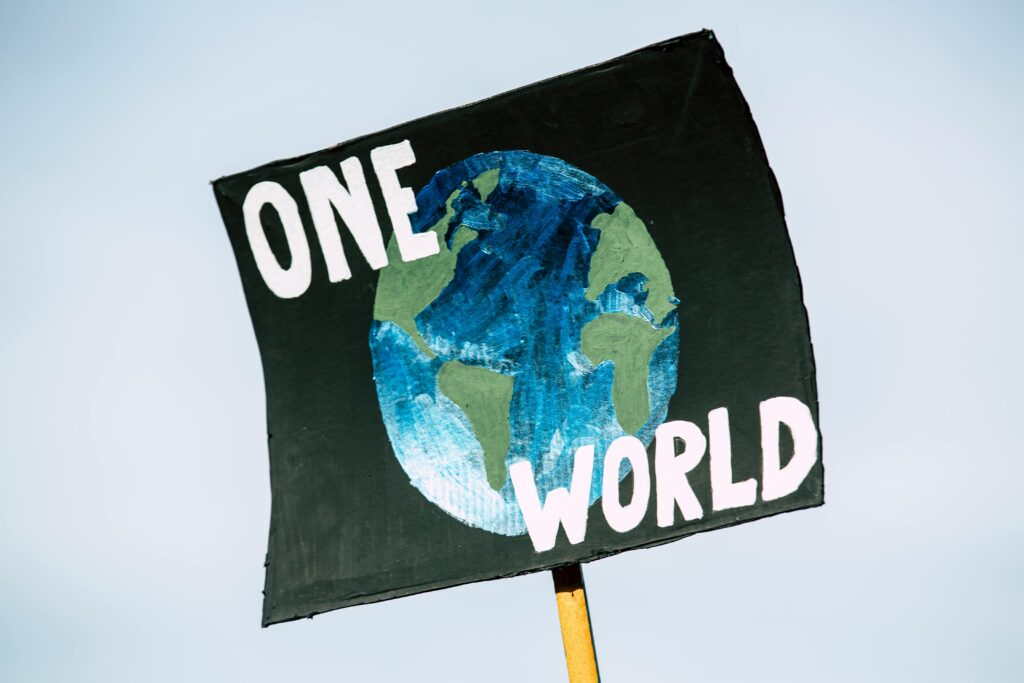COP29 can be a defining moment for climate action
UN Climate Conference presents a pivotal opportunity to shift the conversation from empty pledges to tangible action. It must prioritise the principle of climate justice.

Climate change is no longer a distant threat; it is here, reshaping our ecosystems, economies, and communities. From devastating wildfires in the west to floods in the east, the effects are undeniable, and they hit hardest where the mother earth has contributed the least to the problem.
This is not just a fight for survival—it is a fight for the future we want to leave behind. According to various estimates and UNEP, global temperatures have already risen by 1.1°C above pre-industrial levels. Without swift action, projections indicate they could increase by 3°C or more by the century’s end. Such an outcome would alter life as we know it—affecting millions, changing entire landscapes, and inflicting irreversible damage on our natural world. Yet, amid this crisis, there is hope—a hope rooted in the wisdom of ancient philosophies and the unity of humankind.
India’s ancient principle of Vasudhaiva Kutumbakam, meaning “the world is one family,” offers a profound lens through which we can view the climate challenge. This philosophy teaches that no nation exists in isolation; we are all connected, bound by the same sky, oceans, and climate. At COP29, this interconnectedness must guide our approach. The climate crisis is not one country’s problem—it is the world’s collective responsibility.
India’s climate philosophy stands out—rooted in the belief of Sustainability Karma. The idea that today’s actions determine tomorrow’s reality. India has embraced the dual challenge of fostering growth while maintaining environmental responsibility with its ‘Panchamrit’ goals. With ambitious targets to achieve 500 GW of renewable energy capacity by 2030, India is making renewable energy a cornerstone of its development.
COP29 presents a pivotal opportunity to shift the conversation from empty pledges to tangible action. It must prioritise the principle of climate justice. Nations like India, which are already experiencing the harsh impacts of climate change, need financial, technological, and moral support to meet their climate commitments without sacrificing their developmental needs. The long-delayed promise of $100 billion annually in climate financing must finally be fulfilled. This is not a diplomatic formality; it is an ethical obligation.
The most vulnerable nations, particularly in the Global South, bear the most significant costs of climate change. In 2022, climate-related disasters caused over $313 billion in economic losses, most concentrated in developing nations. These nations, despite contributing little to global warming, suffer from rising sea levels, extreme weather events, and agricultural disruptions. India has long exemplified the spirit of karuna—compassion—by providing humanitarian aid to climate-affected regions. This spirit must guide COP29’s discussions, urging wealthier nations to offer more than promises but real, actionable support for those most affected.
Furthermore, COP29 must elevate the voices of those too often left out of the conversation—civil society and the youth. India’s environmental movements, from the Chipko movement to today’s climate campaigns, have always been powered by the principle of Jan Bhagidari—people’s participation. Real change happens when communities are actively involved in decision-making.
The opportunity presented by COP29 should not be seen solely as a diplomatic gathering but as a transformative moment in the global climate dialogue. It calls for those with the resources, technology, and political will to support vulnerable nations in their climate efforts.
As India leads the charge, its commitment to renewable energy, sustainable agriculture, and climate justice will set the tone for COP29. By embodying the principles of interconnectedness, justice, and compassion, India can show the world how to confront climate change as a challenge and an opportunity for innovation, collaboration, and resilience.
Now is the time to rise as one global family. The decisions we make at COP29 will affect not just the climate but the very fabric of our societies. It is time to act—not with rhetoric, but with bold, compassionate actions that our children deserve. Let there be a strengthened ambition on Adaptation and Finance, Technology, and Capacity-building support; to be offered to developing nations. Let COP29 be the turning point where we confront the climate crisis and begin the journey toward a just, sustainable, and prosperous future for all.

